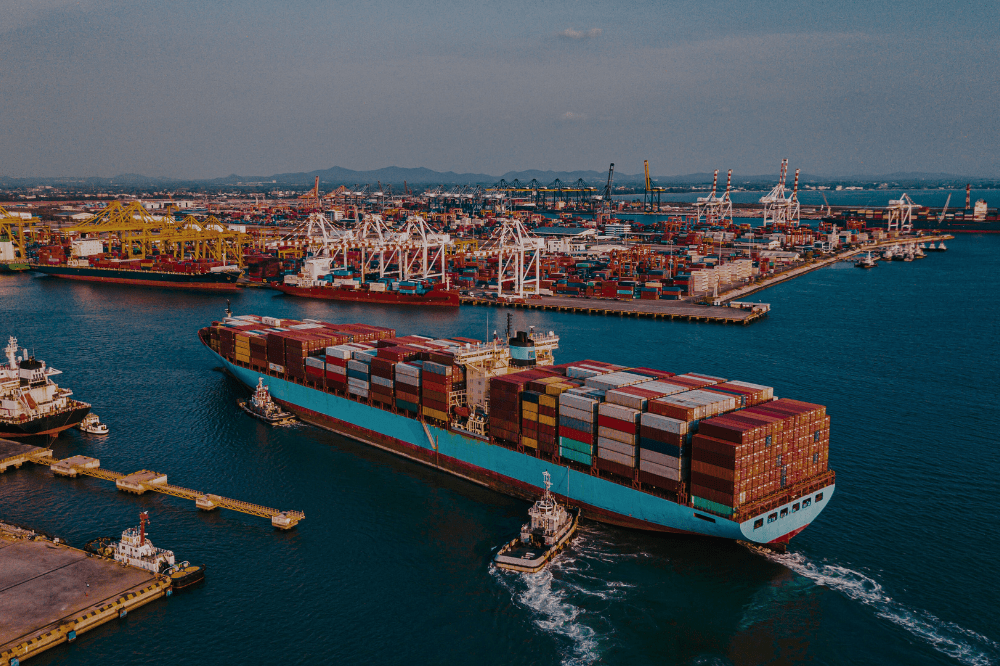If carbon tax is imposed on its exports, South Africa’s exportations could be cut by 10%!
South Africa’s economic growth could suffer significantly if carbon tax is imposed on its exports, according to a new report by the South African Reserve Bank (SARB). The report suggests that in a worst-case scenario, where all trading partners impose carbon taxes on all South African exports, the country could see a 10% reduction in exports and a 9% drop in gross domestic product (GDP) by 2050.
However, the SARB also indicated that the impact might be less severe, based on various studies examining the European Union’s new Carbon Border Adjustment Mechanism (CBAM) and its effects on South African exports.
Despite the varying projections, the SARB emphasized that these risks should motivate South Africa to transition to a greener economy. Although South Africa contributes only 1% to global greenhouse gas emissions, it has the highest carbon intensity among the G20 nations, with 80% of its power generated from coal.
“The impacts can be offset if South Africa reduces the carbon intensity of production more rapidly (by increasing its own local carbon taxes). Effective use of this additional tax revenue can accelerate the green transition and position South Africa as a green producer”, the SARB said in its latest Bulletin of Economic Notes.
The EU’s CBAM aims to protect its competitiveness and ensure a fair price on emissions from imported goods, with payments starting in 2026. Initially, this mechanism will primarily affect South Africa’s natural resource sectors, such as mining. If it remains limited to these sectors, exports to the EU could drop only 4% by 2030, with a minimal impact of 0.02% on GDP.
The SARB also explored a scenario where the EU’s mechanism extends to all South African exports and is adopted by other countries like the US, Canada, and Japan. In this case, total exports could fall by 10.1% and GDP by 9.3% in 2050. Even if South Africa negotiates exemptions, there are still risks from changing consumer preferences or if other trade competitors adapt more quickly to carbon border levies.
“The employment effects too are large: 350 000 jobs are lost by 2050 if more countries adopt a CBAM. This number rises to 2.6 million if all exports are subject to a CBAM”, said the SARB.
If you want to check out more news and financial tips on our website, you can click on this link!

